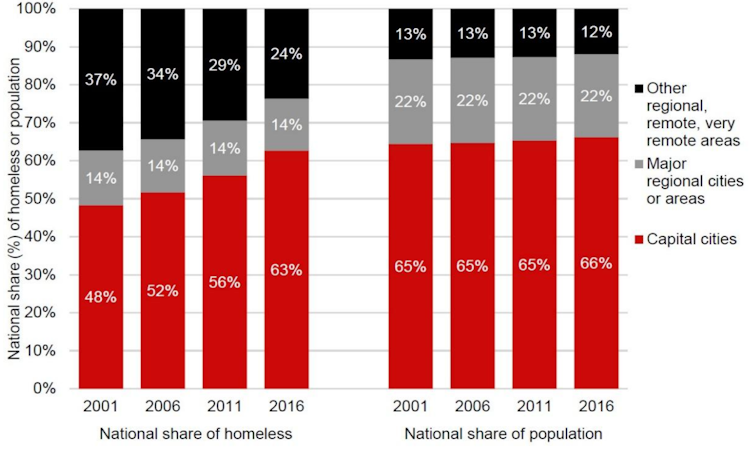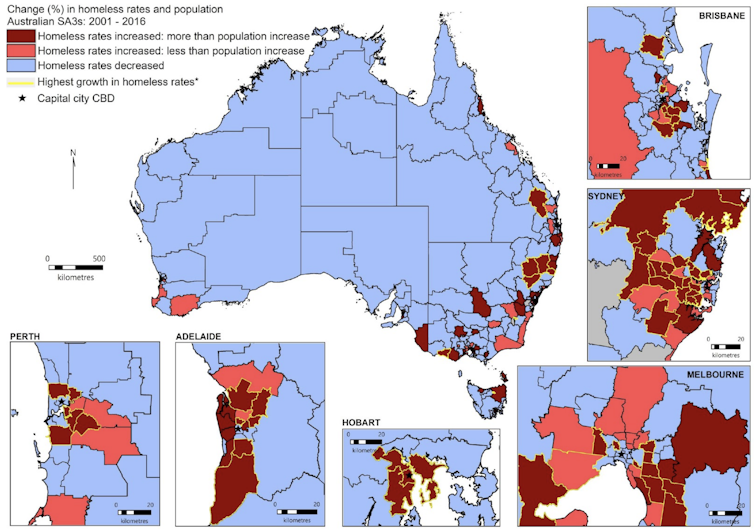MEDIA RELEASE
Tuesday, 6 August 2019
Jennie Vartan, State Manager for the Community Housing Industry Association WA, the peak industry body for community housing providers in WA, today warned that successive State Government’s affordable housing strategies have fallen worryingly short in terms of social housing delivery. Ms. Vartan is today launching a new CHIA WA publication, ‘West Australian Housing Policy: Where to from here?’ which analyses State policy during the last decade and suggests a new approach.
“There has been almost a decade of bipartisan political support for an affordable housing strategy which has put affordable home ownership initiatives like Keystart front and centre while failing to address how to grow and develop the social housing system. This is problematic for several reasons but the most important one is that social housing is the area where community need is greatest with State and Federal Government’s bearing ultimate responsibility for ensuring that there is enough housing stock to prevent households at the margins falling into homelessness.” said Ms. Vartan.
“Since 2011, the social housing system has only increased in size by 2,241 dwellings with much of that increase attributable to the one-off State and Federal social housing stimulus undertaken in the wake of the Global Financial Crisis. In 2020, a decade of affordable housing policy in WA will have produced less than 7% of the headline affordable housing target of 35,000 dwellings. There are certainly funding constraints but the failure of successive State Governments to harness the growth building capacity of the State’s community housing sector – in contrast to the approach in other states – significantly detracts from progress made in other areas” continued Ms. Vartan.
“CHIA WA understands that the State Government is currently developing an affordable housing strategy for the next decade, 2020 to 2030. The publication we are launching today contains recommendations and advice regarding how the State Government ought to refine and improve its approach. Central to that approach must be that any newly constructed public housing properties are transferred to community housing providers who have the wherewithal to leverage those properties and build more for people in need. Housing academics have been relentless in their warnings that social housing stock levels are dangerously low nationwide. In the face of rising demand as the population grows and ages, it is time that the WA State Government develops a singular focus on addressing that problem” said Ms. Vartan.
Quick Facts:
1. Public housing numbers have decreased by 547 dwellings from June 2011 to June 2018.
2. Community housing numbers have increased by 2,788 dwellings from 5,274 in June 2011 to 8,062 in June 2018.
3. Total social housing numbers (sum of public and community) have risen by 2,241 since June 2011.
4. Between 2010 and 2017, 2,020 public housing dwellings were either sold or demolished by the State Government.
5. In 1991, 7.1% of all dwellings in Australia were in the social and affordable housing system compared to 4.4% today.
6. The Australian Housing and Urban Research Institute (AHURI) estimate that the WA social housing system will need to grow to 86,500 homes by 2036 to meet total need. To achieve that target the social housing system will have to retain the stock it already has and increase in size by over 2,500 dwellings a year to 2036.
ENDS
For further information, please contact Jennie Vartan, CHIA WA State Manager on 0409 889 437






















